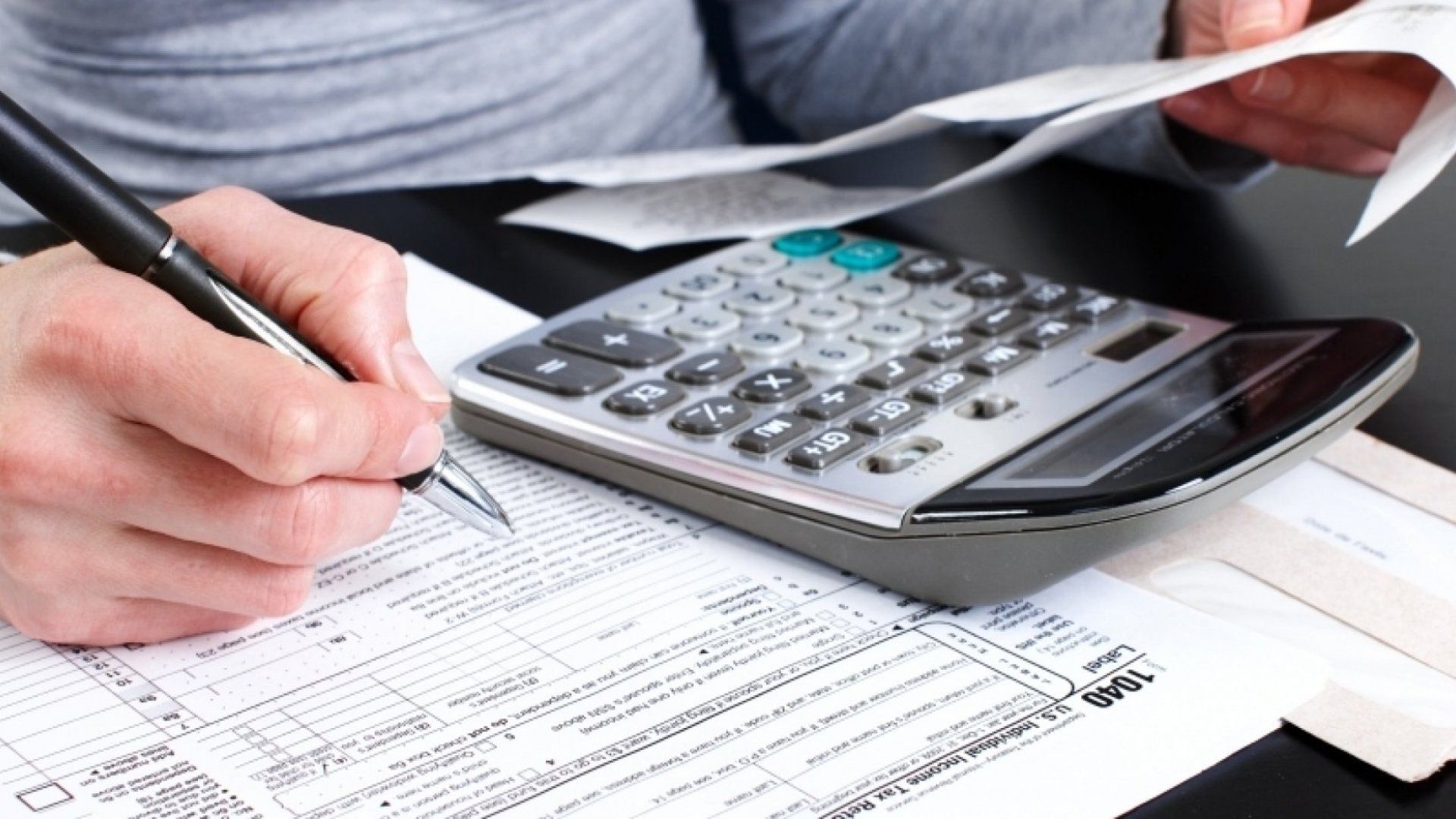Keeping track of your finances can feel overwhelming, but it’s an essential part of managing your money effectively. Good financial record keeping helps you stay organized, ensures that you meet legal requirements, and provides you with a clear picture of your financial health. In this article, we’ll share some tips that will make financial record keeping easier and more efficient.
1. Organize Your Documents
The first step in effective financial record keeping is organizing your documents. Start by sorting your financial records into categories, such as income, expenses, taxes, and investments. Using labeled folders or digital file systems can help you quickly find what you need when you need it. An organized system saves time and reduces stress, especially during tax season.

2. Use Digital Tools
In today’s digital age, there are many tools available to assist with financial record keeping. Software like QuickBooks, Mint, or even Excel can help you track income, expenses, and budgets. These tools not only streamline the record-keeping process but also allow you to generate reports and analyze your financial data easily. Transitioning to digital record keeping can also reduce the risk of losing important documents.
3. Keep Personal and Business Finances Separate
If you run a business, it’s crucial to keep personal and business finances separate. Mixing them can lead to confusion and make financial record keeping more complicated. Open a separate bank account for your business transactions, and ensure that all business-related income and expenses go through that account. This separation simplifies your financial records and makes tax filing more straightforward.
4. Track All Income and Expenses
Accurate financial record keeping means tracking all your income and expenses. Record every transaction, no matter how small, to maintain a clear picture of your financial situation. Regularly updating your records helps you identify spending patterns, control expenses, and ensure that you’re living within your means. It also makes it easier to prepare accurate financial statements.
5. Save Receipts and Invoices
Saving receipts and invoices is a critical part of financial record keeping. These documents serve as proof of transactions and can be essential for tax purposes or resolving disputes. Store them in a safe place, either physically or digitally. Many financial apps allow you to scan and save receipts directly to your digital records, making it easier to keep everything in one place.
6. Reconcile Bank Statements Monthly
Reconciliation is a key task in financial record keeping. Each month, compare your bank statements with your financial records to ensure that they match. This process helps you catch any errors or unauthorized transactions early. Regular reconciliation also keeps your records accurate and up to date, which is vital for both personal budgeting and business accounting.
7. Keep Up with Tax Deadlines
One of the most important aspects of financial record keeping is staying on top of tax deadlines. Missing deadlines can lead to penalties and interest charges. To avoid this, keep a calendar with all relevant tax dates marked. Prepare your tax documents well in advance, and consider working with an accountant to ensure everything is filed correctly and on time.
8. Back Up Your Records
Backing up your financial records is essential to protect them from loss or damage. Whether you keep your records digitally or physically, having a backup ensures that you won’t lose important information in case of a disaster. For digital records, consider using cloud storage solutions that automatically back up your files. For physical records, keep copies in a secure, separate location.
9. Review and Update Records Regularly
Regular review and updating of your financial records are necessary to keep them accurate and relevant. Set aside time each month to go through your records, make updates, and correct any errors. Regular maintenance helps you stay on top of your finances and ensures that your records reflect your current financial situation.
10. Seek Professional Help When Needed
If financial record keeping feels overwhelming or if you have complex finances, don’t hesitate to seek professional help. Accountants and financial advisors can offer guidance, help you set up efficient systems, and ensure that your records are accurate. Professional assistance can be especially valuable during tax season or if you’re dealing with business finances.
Conclusion
Effective financial record keeping is essential for managing your finances and staying organized. By following these tips—organizing documents, using digital tools, tracking all income and expenses, and regularly reviewing your records—you can simplify the process and ensure that your financial information is accurate and up to date. Good record keeping not only helps you manage your day-to-day finances but also prepares you for future financial decisions.
